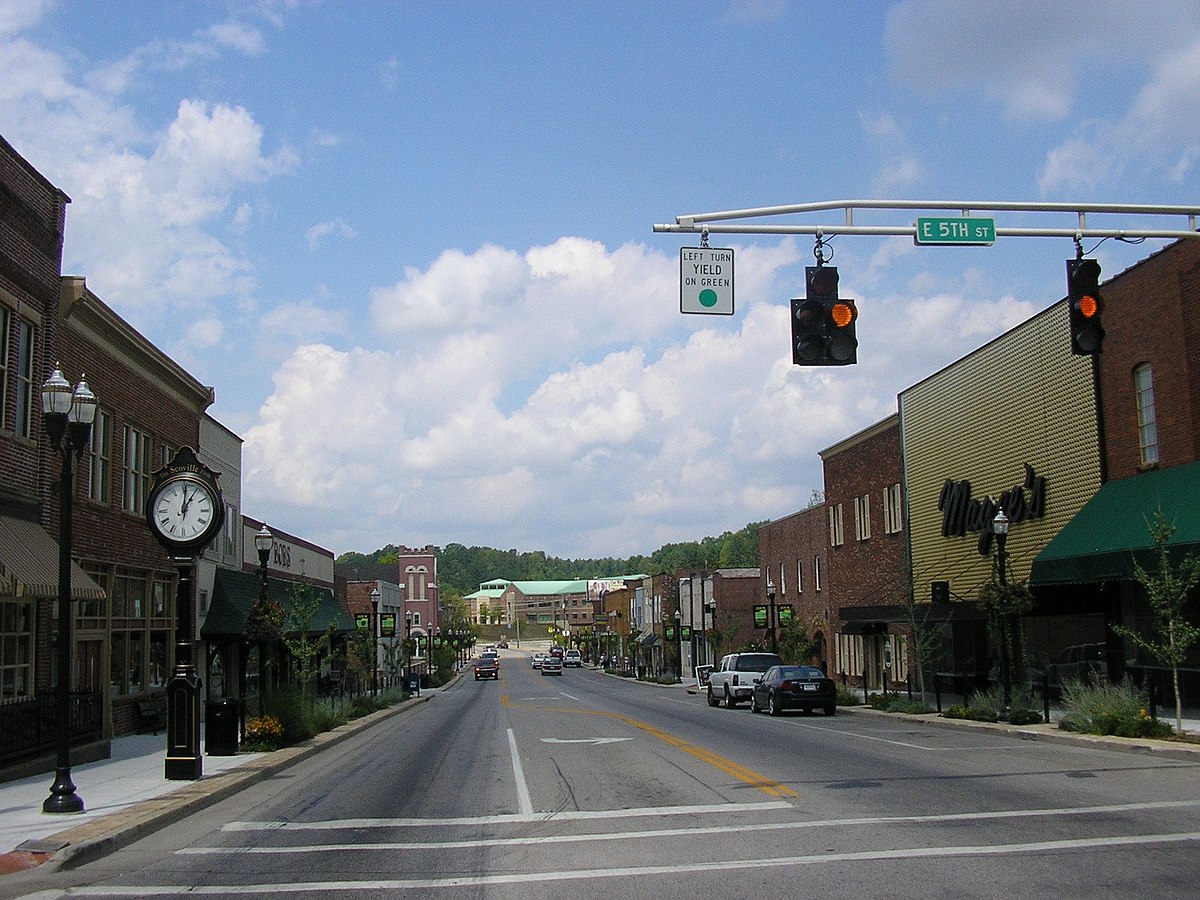Okay, I'll have another go at this. With Labour victorious in the 1945 general election, and Britain bankrupt from the costs of fighting the WW2, the Atlee government introduces a permit requirement for residency in London (as well as other heavily bombed cities like Hull). The intent is to encourage resettlement in areas where the infrastructure is more intact and save on immediate rebuilding costs. Additionally, a not insignificant portion of London government jobs are moved elsewhere in the country to further ease the strain of rebuilding. As a result, London repopulates more slowly than in OTL. Labour manages to eke out a bare majority at the 1951 general election, keeping the residency permit system and the aversion to going full bore on rebuilding London in place until 1955. The end result of these policies are that London's population is only 85% of where it would be in OTL in 1955.
Between 1955 and 1980, that gap shrinks to around 9%. In 1980, Dennis Healey scrapes by in the Labour leadership election by four votes, and against the odds manages to mostly hold the party together, just barely. There are a trickle of defections to the Liberals and a new left wing party. The Conservatives are bleeding even more badly to the Liberals. That trickle from the blue ranks becomes a flood after Thatcher sends the fleet to retake the Falklands. It is a disaster. Invincible, Intrepid, and 6 other frigates and destroyers are lost. The fleet limps home in shame. The prospect of victory holds Labour together as the Conservatives implode. Labour nearly wins an outright majority, but falls just short at 317 seats. Healey does a coalition deal with the Liberals. Without Thatcherite economic policy fueling the rise of the London banking sector as much, growth is more muted than in OTL, and Labour's policies towards the industrial North are far from the wholesale butchery that happened under Thatcher. 'Managed decline and renewal' become the buzzwords under Healey, with a focus on keeping the bottom from completely falling out in industrial communities. A more moderate Conservative Party returns to power in 1991, and London's financial sector does indeed really start to take off around 1993-1994, but it's still playing catch up from where we are in OTL. Between 1991 and today, the gap shrinks to just over 7 percent compared to OTL.
